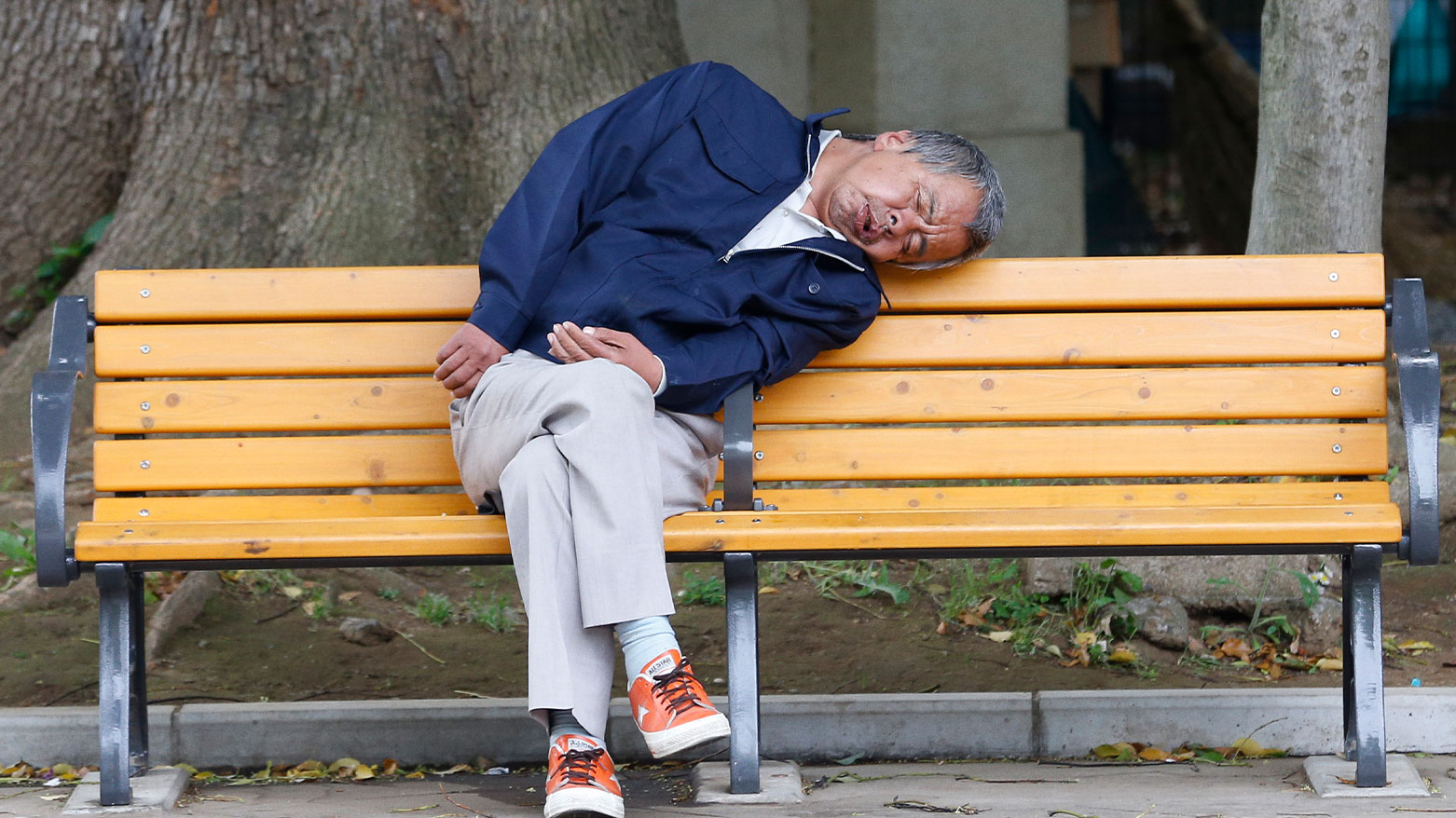Lack of sleep, growing concern for mental health disorders
Without proper sleep, brain function deteriorates, increasing the risk of mental health disorders.

Erbil, Kurdistan24 – According to a study published in “Discover Magazine”, three o’clock in the morning can be the most anxiety-inducing time for many, as it marks the moment they wake up after only a few hours of sleep and struggle to fall back asleep.
For others, it's the time they realize they haven’t slept at all as their wake-up time approaches.
The impact of insufficient sleep goes beyond mere daytime sluggishness. Sleep medicine researchers have long known that poor sleep correlates with poor health.
The Magazine highlights the recent studies and indicates a growing concern: lack of sleep significantly jeopardizes mental health.
Scientists and advocates are calling for increased research and attention to address this escalating public health issue.
The Essential Nature of Sleep
Sleep is as vital as clean air, nutritious food, or fresh water.
According to Michael A. Grandner, an associate professor of psychiatry and director of the Sleep & Health Research Program at the University Of Arizona College Of Medicine, sleep is a non-negotiable biological necessity.
Post-Industrial Revolution, disorders like insomnia were romanticized, linked to a work culture that admired those who slept less for their perceived strength and dedication.
However, perceptions are shifting as people recognize the adverse effects of sleep deprivation on both physical and mental health.
The Impact of Sleep on Mental Health
This shift is partly due to a growing understanding of the relationship between sleep and psychiatric disorders.
Sleep disorders such as insomnia are now recognized as risk factors for anxiety and depression.
Researchers are learning that sleep disorders can predict the development of psychiatric disorders. One theory suggests that sleep disturbances interfere with memory consolidation, essential for interpreting social situations and regulating emotions.
The Risks of Nighttime Wakefulness
The Mind After Midnight hypothesis posits that a tired brain during overnight hours is at risk of extreme behavior due to impaired cognitive capacity and mood regulation.
This state can lead to self-harm, suicidal thoughts, violent crime, substance abuse, and poor dietary choices.
Classification of Sleep Disorders
The International Classification of Sleep Disorders (ICSD) categorizes sleep disorders into seven groups, including insomnia, sleep-breathing disorders, hypersomnolence, circadian rhythm disorders, parasomnia, sleep-related movement disorders, and an "other" category.
Insomnia is likely the most prevalent, but its exact prevalence is unknown due to diagnostic barriers like overnight sleep studies or home diagnostic equipment.